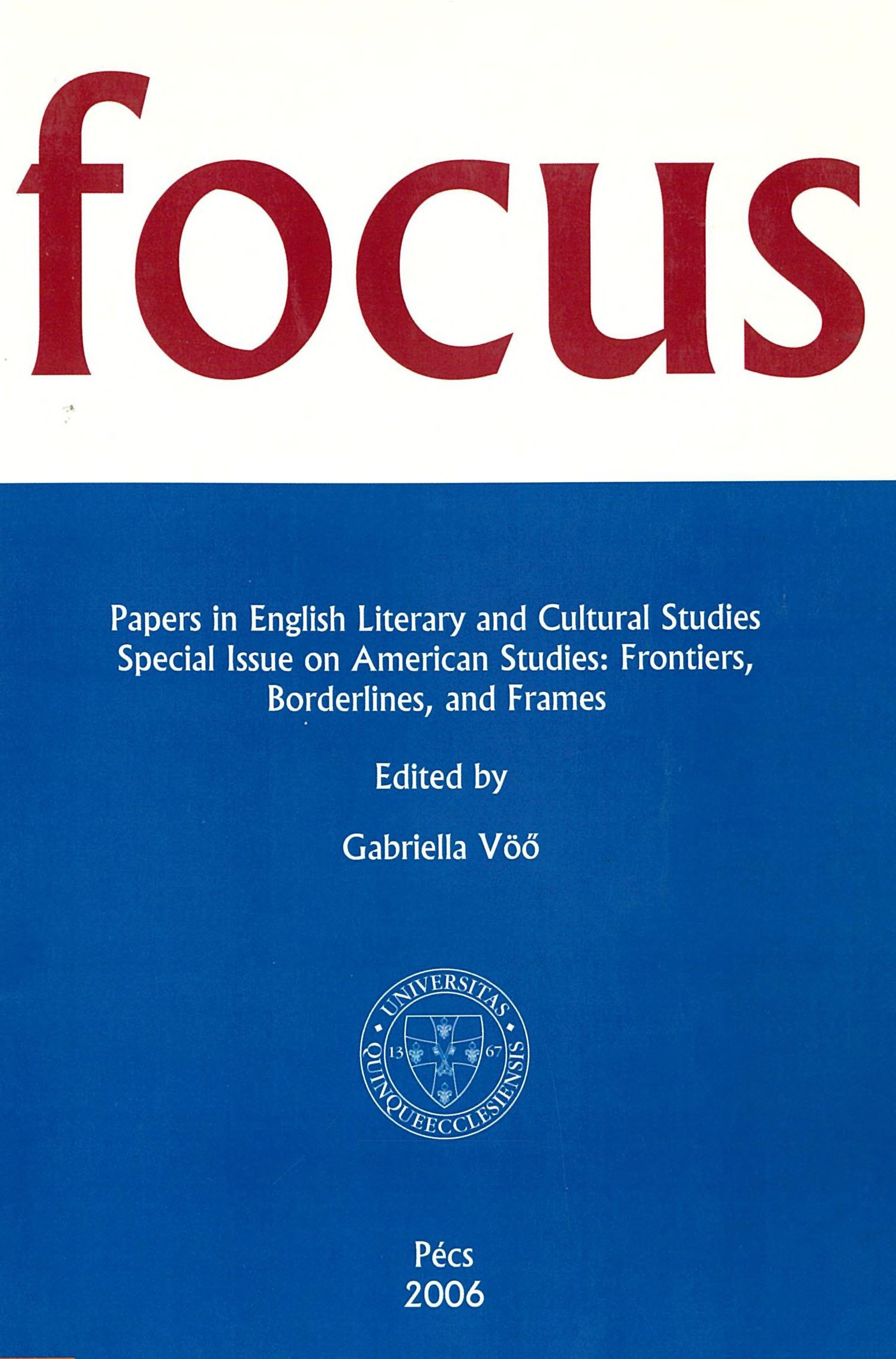Housing and Unhousing Tradition: Linda Hogan’s Power and Marilynne Robinson’s Housekeeping
Abstract
Linda Flogan’s Power and Marilynne Robinson’s Housekeeping have generated very different discourses, although the numerous similarities between the two contemporary novels, I am convinced, call for an analysis that would place at last the ethnic and feminist interpretations in one house. One of the most striking shared components is a new and surprisingly similar concept of the house, an important yet not very elaborated metaphor in Power, and a central metaphor in Housekeeping. Furthermore, in both novels the story is narrated in first person singular by a young girl (Omishto in Power and Ruth in Housekeeping), who aims at following the path marked out for her by a mother-substitute aunt (Ama in Power and Sylvie in Housekeeping). Both novels present initiation stories of girls; both initiations are, in addition, connected to the choice about a way of life, based on an understanding of nature’s role in the world as opposed to that of civilization. As human relation to nature is a central theme in American literature, it is no wonder that both novels appear with the claim of forming part of a new chapter in this old discourse—and this new chapter starts with a novel concept of the house.
Downloads
Published
How to Cite
Issue
Section
License

This work is licensed under a Creative Commons Attribution-NonCommercial-NoDerivatives 4.0 International License.
FOCUS: Papers in English Literary and Cultural Studies follows the principles laid down by Creative Commons, which provides guarantees for the Author’s copyright while also ensuring that intellectual properties are made available for the wider public in a digital form. All papers submitted to the journal apply the following licence conditions (indicated on the journal’s website as well as in individual publications):
“© This work is licensed under a Creative Commons Attribution-NonCommercial-NoDerivatives 4.0 International License.”
You are free to:
- Share, copy and redistribute the material included in the journal in any medium or format under the following terms:
- Attribution — You must give appropriate credit to the Author, and indicate the original place of publication [FOCUS: Papers in English Literary and Cultural Studies, Issue nr., page numbers.].
- NonCommercial — You may not use the material for commercial purposes.
- NoDerivatives — You are not allowed to remix, transform, or build upon the material.
- The above conditions must always be indicated if the journal material is distributed in any form.
- The above conditions must always be met, unless a written permission signed by the Author and the Editor-in-Chief states otherwise.

